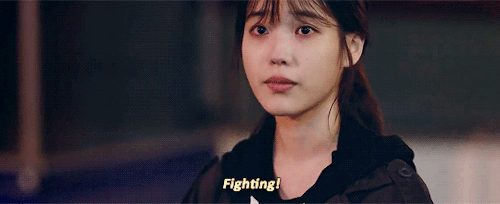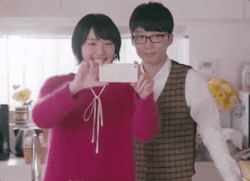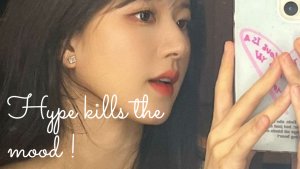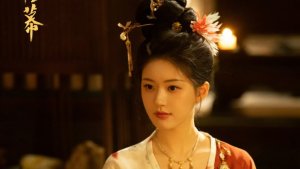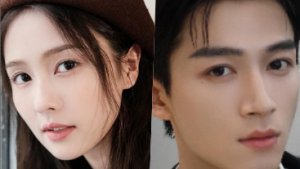 Cultural Shocks I Experienced While Watching Dramas
Cultural Shocks I Experienced While Watching Dramas

We are two dramaholics who happened to meet on MDL by coincidence and are living happily ever after since then. lol We are completely contrasting pair of soul sisters who watch different genres but share sync minds and thoughts.
I'm Shivali, but you can call me Shivi. I've been watching dramas for a long time, and my superpowers are that I can judge a drama's performance or plot by watching its starting 2-3 episodes and I'm mostly correct. I refrain watching serious dramas, but there are exceptions and plot matters to me.
MY MISTER
Plot: My Mister aka My Ajhusshi narrates the story of a middle-aged married man, Park Dong Hoon having two and Lee Ji An, a young part-time worker who works at his company. The CEO of the company appoints Ji An to get rid of Dong Hoon. It's a tale about the evolution of a broken and enigmatic lost soul, that was repaired and reincarnated when a kind shoulder was lent to it at a time when she had no one to lean on.
Thoughts: A woman with a scarred past and an unknown future ahead leaves us all bewildered if the male lead is making the right choice of trusting her? She seems to be an un-bashfully honest and morally wrong person, but as she ponders over her past (in the flashbacks), we as viewers could feel nothing but pain and pity for her agony that she's dealing in order to survive in this dark side of reality.
The drama seems raw, dark, intriguing, and the heaviness of the writing could be felt like the plot proceeds. Lee Ji An's character shows raw emotions with a person having dead dreams, pale skin and gloomy life until Dong Hoon enters her life.
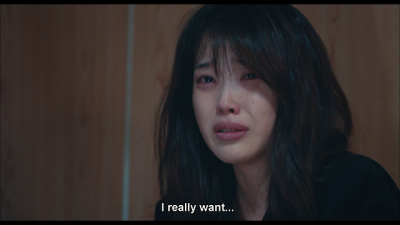 | 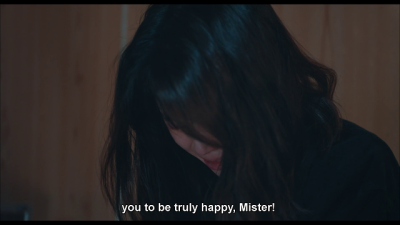 |
An unseen bond is forged between them as both can relate to each other in terms of pain and sufferings in a way that was affecting them equally, as both look for each other in times of comfort and distress.
This drama completely changed the meaning of relationships b/w the leads like in dramas that we usually see. A platonic, protective and caring relationship where both of them were dragged to each other and the presence of either of them provides a sense of stability to their existence. There were no false promises, vows and an assurance that they're going to end together. It was a plain, simple love between two shattered souls who found warmth in each other's company.
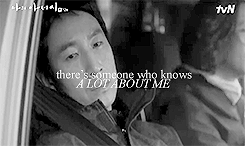 |  |
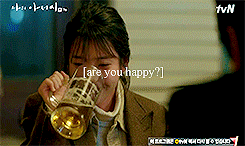 | 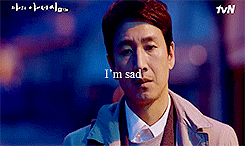 |
 | 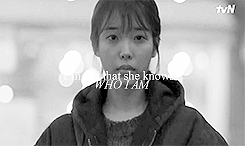 |
" Some relationship doesn't need definition or titles and yet closely knits two individuals together in a way that simple words or eye contacts convey everything"
JUST BETWEEN LOVERS
Plot: Just between Lovers revolves around the lives of survivors of a shopping mall collapse, Lee Gang Doo and Ha Moon So, where their loved ones and their dreams were buried with the debris.
Thoughts: It narrates the story of the main lead's unspeakable pain, misery and trauma that was tagging along, inside their fragile bodies carrying heavy burden due to the demise of the female lead's younger sister and the male lead who lost his father followed by his mother after the incident. The writing was emphatic and concise, making it clear to the viewers the hidden feelings of the characters. The story sways between their present life and their re-imagined life, of how could it possibly be, if they were able to avoid this tragedy, carrying flashbacks which were wisely slipped in between, without disturbing the pace of the drama.
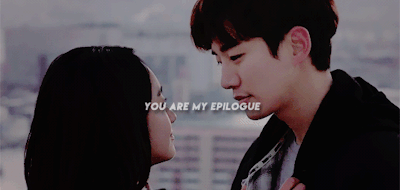 | 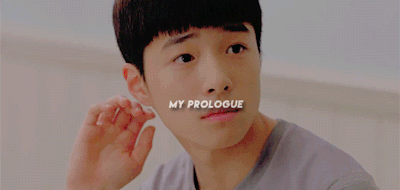 |
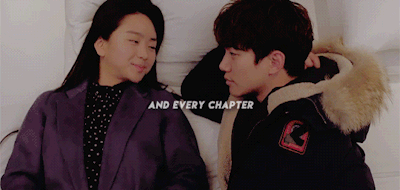 | 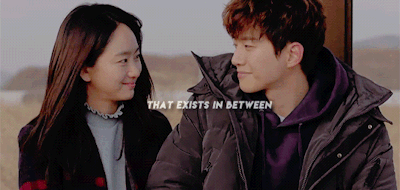 |
For someone who had undergone such tragic event, the present seems to be filled with remorse, sins leading them to vent anger on oneself by punishing them, to live in self-guilt for the things that had gone missing. I can relate to this drama since I too had undergone a tragedy in the past and I know how it feels to reassemble the missing parts of your memories, the months or years that are lost in the process, but it still remains unhealed. The trauma that stays with you for your entire life and every-time you encounter the same situation, the memories revive accompanied by the bone-chilling fear that crawls down your spine, leaving you motionless.
 As the story proceeds when both Gang Doo and Moon Soo meets, and Gang Doo is happy to see that she survived. Despite this, he pushes her back on several occasions in fear of not reciprocating back her feelings and a way of punishing him for the death of someone she fancies. In the end, both fall for each other and get over their fears together. The drama does not have any fancy lightings, places or clothes, but the feelings of the leads seem so real that I wept like a crybaby in some scenes.
As the story proceeds when both Gang Doo and Moon Soo meets, and Gang Doo is happy to see that she survived. Despite this, he pushes her back on several occasions in fear of not reciprocating back her feelings and a way of punishing him for the death of someone she fancies. In the end, both fall for each other and get over their fears together. The drama does not have any fancy lightings, places or clothes, but the feelings of the leads seem so real that I wept like a crybaby in some scenes.
"Sometimes shared sufferings could bind two people together as they wrap each other's wounds"
That's all folks! Now, I shall hand over this article to my sweet baby girl, whose constant nagging and emotional blackmailing (e.g., Di, you can't back out now, you had promised to write an article with me, and now it's a blood written promise. If you try to break it, something awful will happen.) could help me to complete this article on time. And darling, you need to stop watching such saas-bahu dramas, where the hell do you get such lines from? :D
Hi, MDL'ers I'm Saumya, formally aehsaas, no need for a long intro, visit my profile, there too you can't find anything relevant, so let's start. Also, Shivi knows witchcraft that keeps me sane when I am in a drama slump or life slump. :)
"Like Shivi, I talk a lot too, please have patience."
The old pigeonhole overflowing with new conception,
The bulletin in-depth have stories of oppression,
The veil on the face, raw meal on a plate, the dominance of male,
Now Ride-on text scoring zero on the psychological scale,
Breaking stereotypes is a way of life,
So our evolving mindsets survive.
-100_aehsaas

"RAISE DE WA CHANTO SHIMASU"
Omori Momoe has a hidden leisure pursuit, she has a glittering aura, and people think of her as a categorically naive woman. The definition of an ideal woman deviates from her reality, where she has 5 men in her life, whom she casually calls sex friends. Momoe uses her physical relationships with them to relieve herself from a hectic working schedule and keep her eccentricities in place. She doesn't do it in a revolting manner as she is frank with her partners and doesn't judge or expects anything in return from them. She doesn't want to live in solitary but also finds it burdensome to handle a mature relationship.
 For me, Momoe was an unfathomable character. I couldn't relate to her but didn't find it as a trivial issue.
For me, Momoe was an unfathomable character. I couldn't relate to her but didn't find it as a trivial issue.
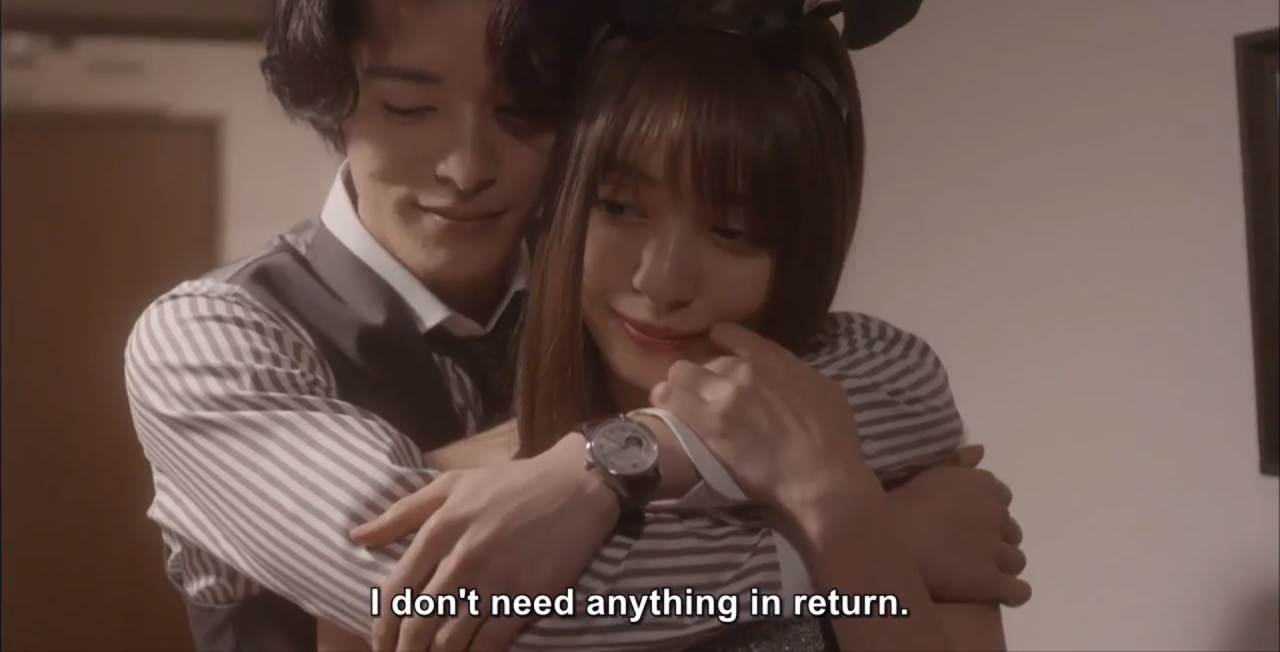
Matsuda Ken has a compelling charm with divinely conferred skills at the workplace, but he is a playboy. Although he beforehand clears with every girl that he doesn't want any emotional investment, still he is seen as an inconsiderate guy. Is he mean – spirited and unsympathetic? NO. Matsuda ken is kind to all his partners and eventually is forfeited when blackmailed emotionally. He doesn't like commitments as he is aware of his feelings which can end up hurting others.
 To me, Matsuda was a very handsome man. (sorry just some fangirling). To be honest, I don't wish to meet a boy like him, but it doesn't mean that his distinctiveness is questionable.
To me, Matsuda was a very handsome man. (sorry just some fangirling). To be honest, I don't wish to meet a boy like him, but it doesn't mean that his distinctiveness is questionable.
Momoe and Matsuda are emotionally attracted to each other, but do they end up together? Does every story need two people getting into a serious relationship vowing to love each other forever? Do we still need to force a person when he has no emotional dedication into the supposed flawless relationships by a society? These two characters teach us that being honest with our desires is a crucial key to life.
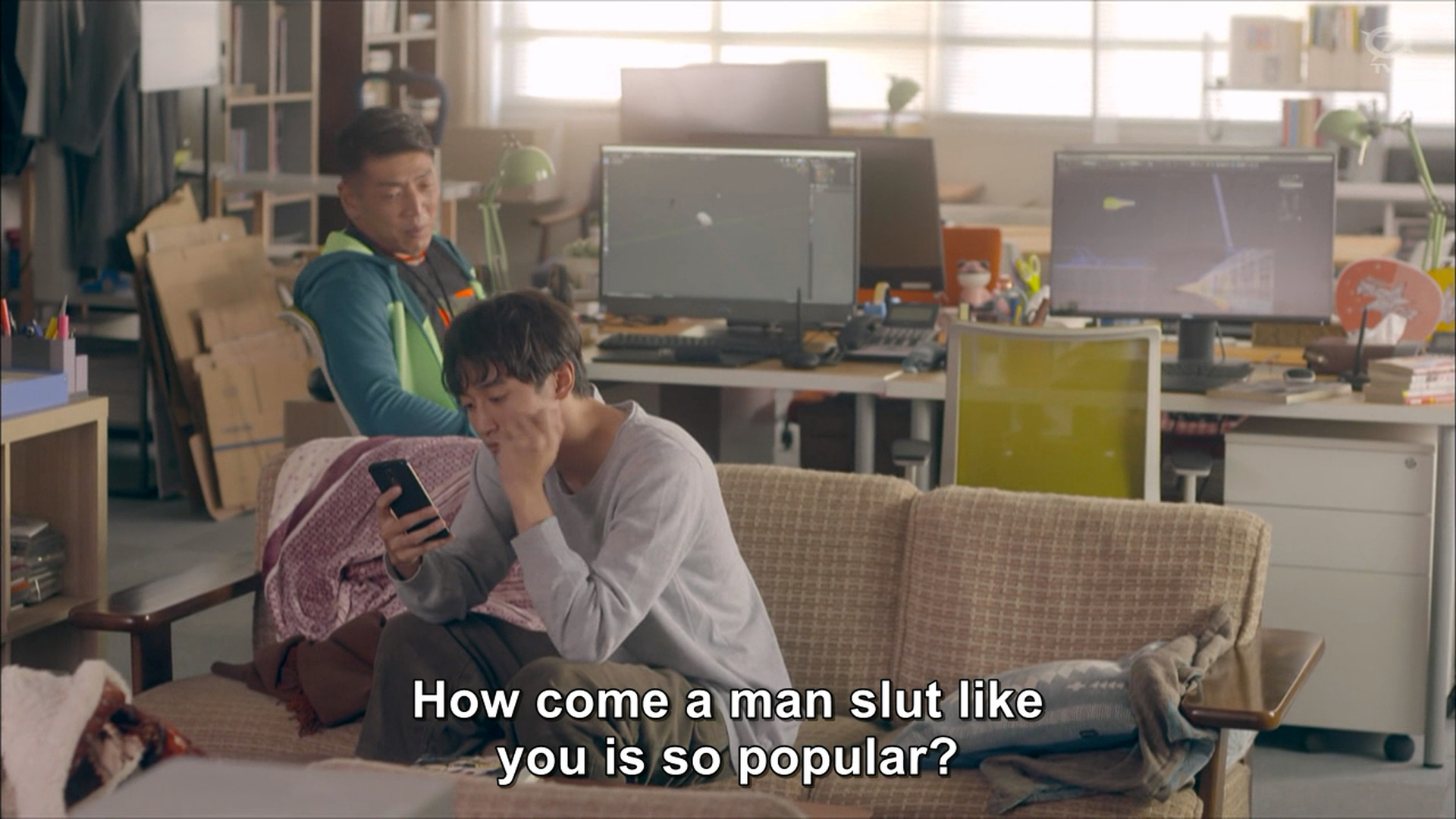
Takasugi Ume is an uncanny lady. She has freaky fantasies and a digital character as a crush. She enjoys writing fictions on boy love. But she has never experienced romantic feelings for someone in real life. She is unable to connect with boys, so she doubts if she's into women, but it turns out that even girls don't excite her. So in which gender will she find love? Isn't self love sufficient? Can't she enjoy her pets and cozy imagination? Does she need emotional support forcibly when she can lead her ways herself? Yes, she can, and she did!
 I really found her life dull. Also, I am scared to ride on a giant wheel while my best friend loves it. I may be dull to her, but it's important for me to keep my mind tranquil.
I really found her life dull. Also, I am scared to ride on a giant wheel while my best friend loves it. I may be dull to her, but it's important for me to keep my mind tranquil.
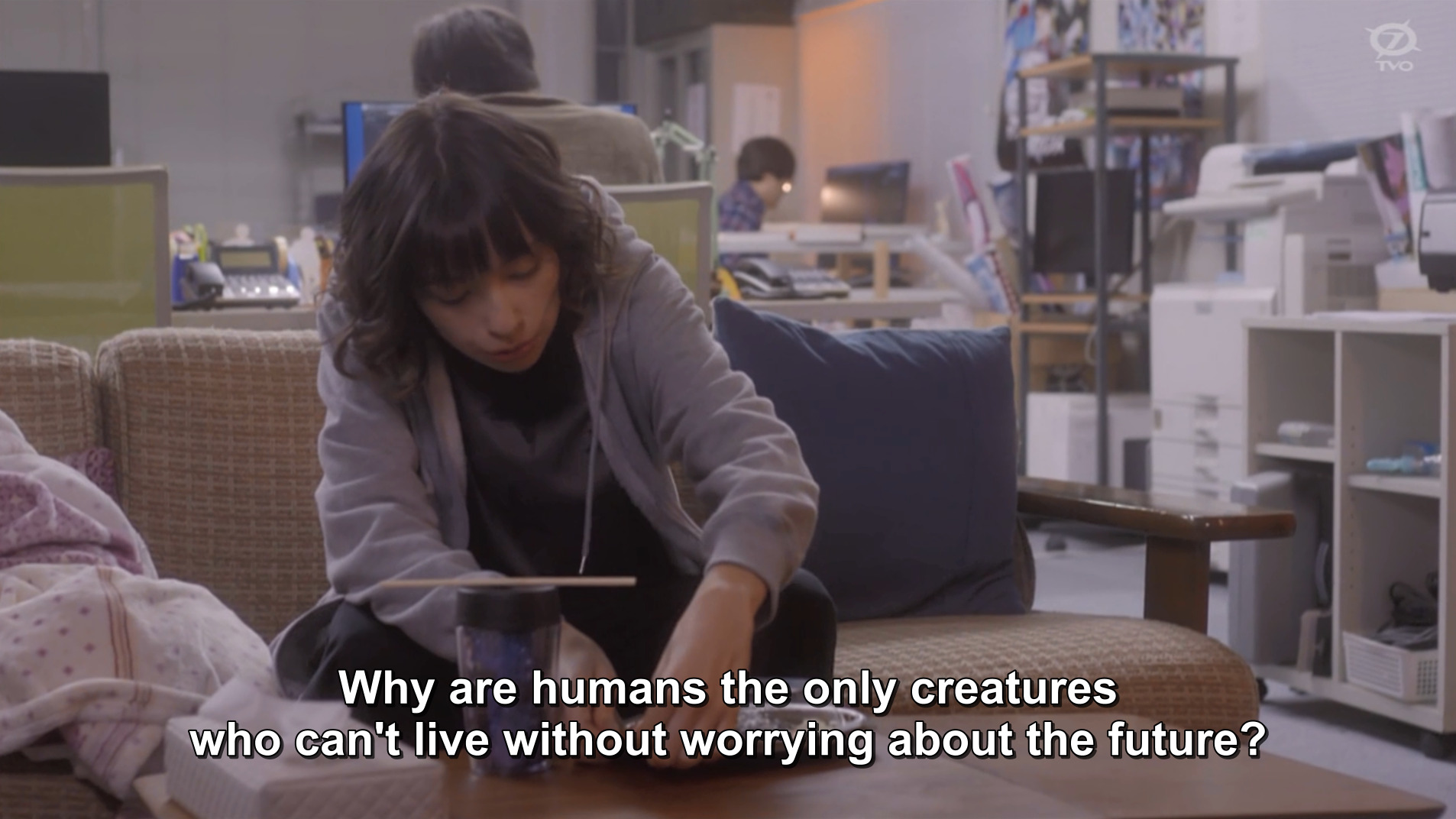 Masaru Hayashi craves for love, he is a fitness freak who tries to forget bad memories of his first love. A cute person (Kuriyama Nagi) approaches him, which makes his heart flutter. But it turns out that he is actually a boy in a girl's attire. Masaru Hayashi isn't gay, what will he do? Masaru is naive and lonely, but Nagi helps him to get out of a dark hole of complex emotions. Does gender matter when you long for affection? Does it disgust you to go against so-called gender rules when your true happiness is on the door? Does "what others will say" really a big issue when those others don't bother when you go through rough times? For Masaru, this was initially difficult, but the ending was delightful.
Masaru Hayashi craves for love, he is a fitness freak who tries to forget bad memories of his first love. A cute person (Kuriyama Nagi) approaches him, which makes his heart flutter. But it turns out that he is actually a boy in a girl's attire. Masaru Hayashi isn't gay, what will he do? Masaru is naive and lonely, but Nagi helps him to get out of a dark hole of complex emotions. Does gender matter when you long for affection? Does it disgust you to go against so-called gender rules when your true happiness is on the door? Does "what others will say" really a big issue when those others don't bother when you go through rough times? For Masaru, this was initially difficult, but the ending was delightful.
 I don't know if grief and isolation can lead to this kind of upshot, but I admit my robust will tries to look for happiness and self-satisfaction even in gruelling situations.
I don't know if grief and isolation can lead to this kind of upshot, but I admit my robust will tries to look for happiness and self-satisfaction even in gruelling situations.
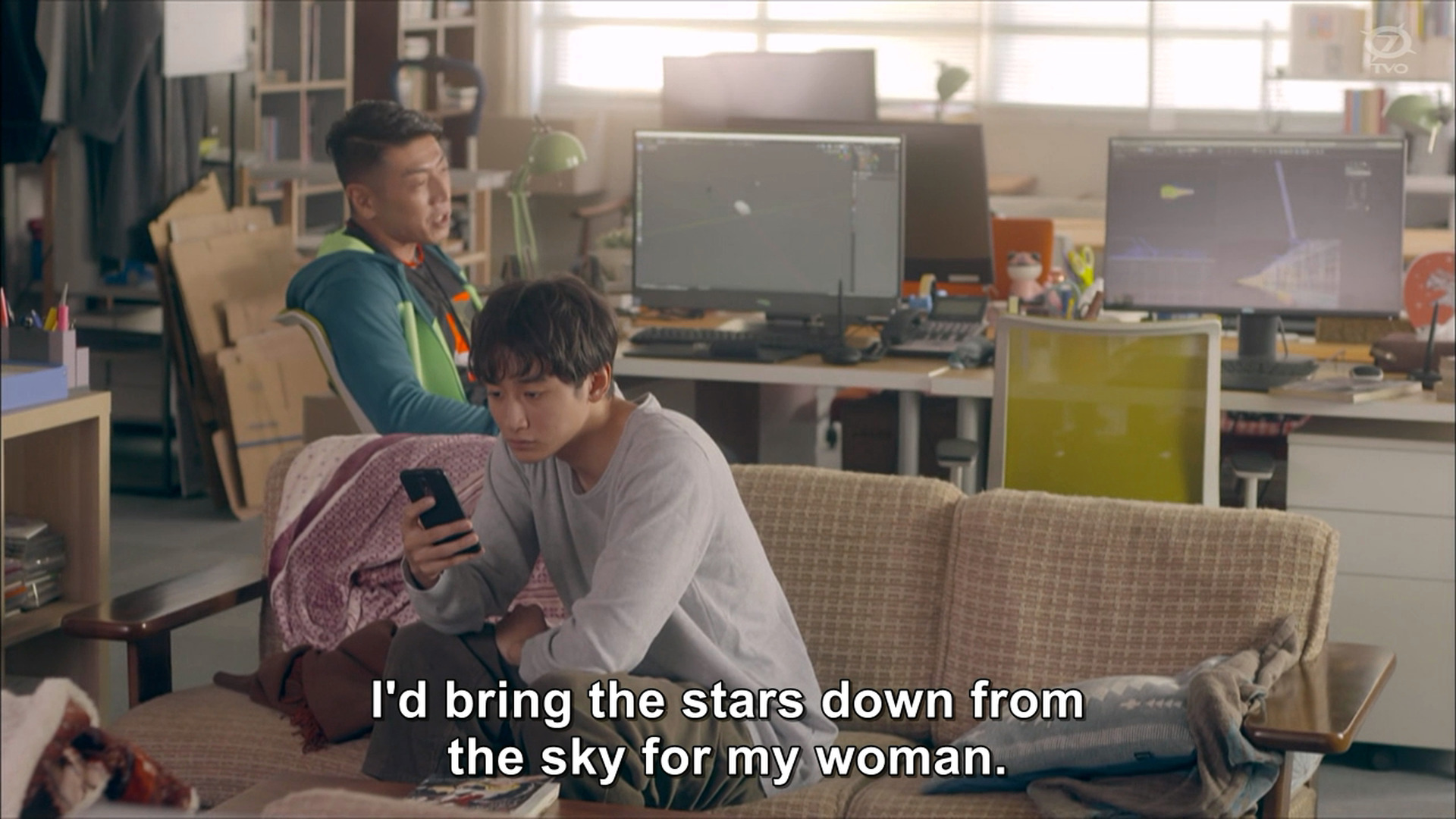
"NIGERU WA HAJI DA GA YAKU NI TATSU"
25-year-old Moriyama Mikuri graduated but had no job offers. She started working as a housekeeper for Tsuzaki Hiramasa and later on proposes to enter a contract marriage in which she gets paid for doing household works. According to her, working without payment is equivalent to volunteering. Yes, of course, but my mother doesn't pay me for doing chores; instead says she takes care of all my expenses. (Here we are talking about married couples girl - oh okay sorry.)
Mikuri takes household chores as an official task. As her husband works to earn money, is a woman morally obliged to manage the home without complaining?
 Marrying a man means you get food, shelter and lifestyle as per his desires. But in Mikuri's condition they pay equally for all daily expenses, she gets holiday on weekends, her work is hourly, and extension to it means extra payment. Being a housewife needs to have skills, So why are housewives assumed to have no job? Why does she have to ask for her husband whenever a bill comes? Why is her goodwill exploited as she is under some debt? When Mikuri's husband offers her a real marriage, he assumes that she can now work without getting paid, like other wives. (I won't spoil what happens next) Now it turns to the exploitation of love. Well doing things for someone you love without demanding anything in return is not fallacious but making an identity that defines you is something we learn from Mikuri.
Marrying a man means you get food, shelter and lifestyle as per his desires. But in Mikuri's condition they pay equally for all daily expenses, she gets holiday on weekends, her work is hourly, and extension to it means extra payment. Being a housewife needs to have skills, So why are housewives assumed to have no job? Why does she have to ask for her husband whenever a bill comes? Why is her goodwill exploited as she is under some debt? When Mikuri's husband offers her a real marriage, he assumes that she can now work without getting paid, like other wives. (I won't spoil what happens next) Now it turns to the exploitation of love. Well doing things for someone you love without demanding anything in return is not fallacious but making an identity that defines you is something we learn from Mikuri.
 I aim to work out (I suck at cooking), but there was a movie (English Vinglish) which made me realize how important my grandmothers are at home. "She was always on her feet, cooking, washing, ironing."
I aim to work out (I suck at cooking), but there was a movie (English Vinglish) which made me realize how important my grandmothers are at home. "She was always on her feet, cooking, washing, ironing."
"Thank you for your time and patience, hope you enjoyed it! :)"


